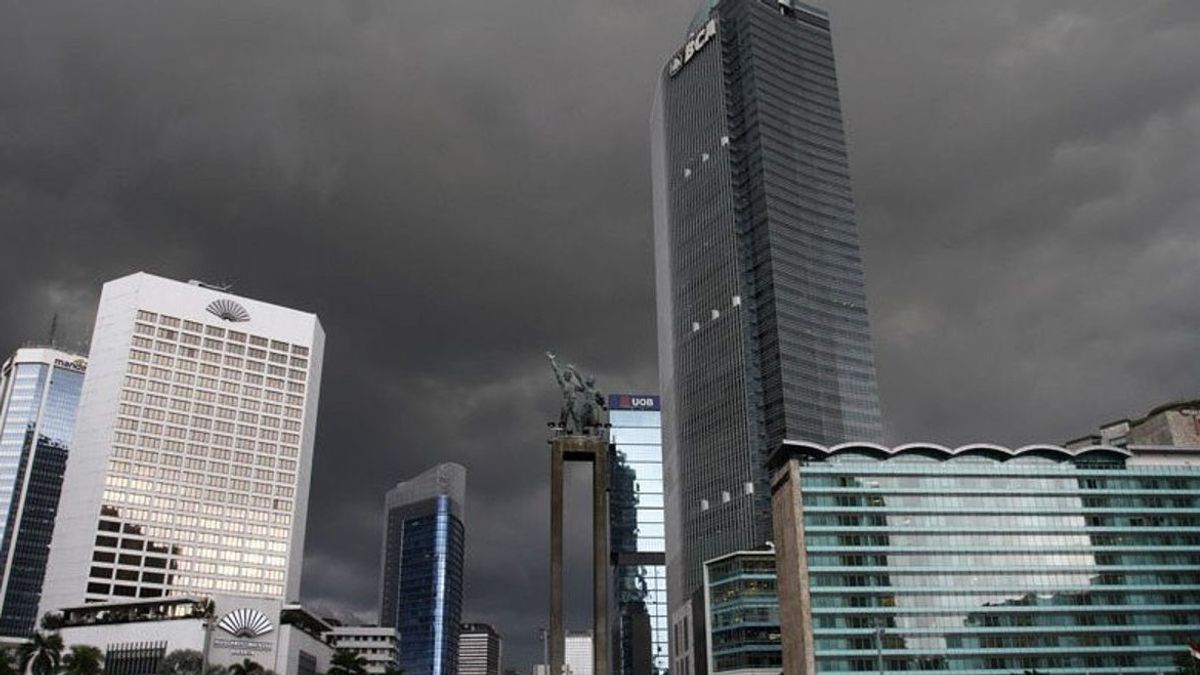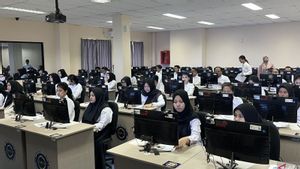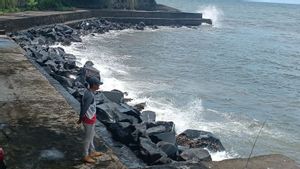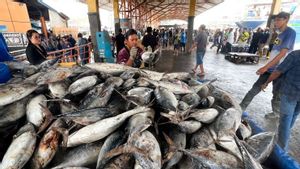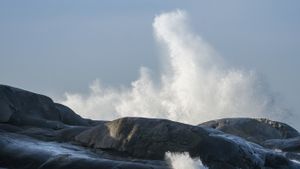JAKARTA - The Meteorology, Climatology and Geophysics Agency (BMKG) advises local governments to mitigate hydrometeorological disasters to minimize the impact of natural disasters such as floods, landslides, and strong winds.
Head of the BMKG Center for Public Meteorology, A Fachri Radjab, said reforestation, water management improvements, and environmental arrangements were to minimize the risk of flooding during heavy rains.
"BMKG appeals to local governments, communities, and all parties related to water resource management and disaster risk reduction in areas affected by La Nina to take steps to prevent and mitigate the potential for hydrometeorological disasters", he said, quoted by Antara, Monday, 15 November.
To minimize the impact of hydrometeorological disasters, he said, tree cutting in slope areas must be prevented and waste must be managed properly.
In addition, data collection on the condition of trees in the road and residential areas as well as pruning of trees that are already fragile need to be carried out to minimize disaster events due to falling trees when strong winds or hurricanes come.
SEE ALSO:
Fachri also conveyed the importance of coordination, synergy, and communication between related stakeholders to strengthen mitigation and improve preparedness to deal with hydrometeorological disasters.
According to him, socialization and education activities to increase understanding, awareness, the capacity of local governments, communities, and related parties regarding the prevention of hydrometeorological disasters need to be intensified.
According to the BMKG, in November 2021, there will be a La Nina phenomenon with a weak to the moderate category which has the potential to cause moderate to heavy rain in parts of Indonesia.
BMKG predicts, as last year, this year's La Nina phenomenon could cause an increase in rainfall of 20 to 70 percent above normal.
Last year, La Nina caused an increase in rainfall in southern Sumatra, Java, Bali to East Nusa Tenggara, southern Kalimantan, and southern Sulawesi in November, December, and January.
The English, Chinese, Japanese, Arabic, and French versions are automatically generated by the AI. So there may still be inaccuracies in translating, please always see Indonesian as our main language. (system supported by DigitalSiber.id)
